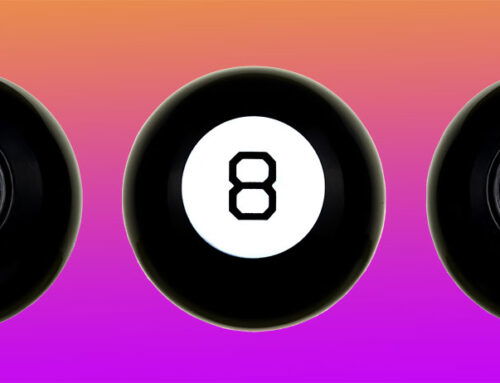A few years ago I wrote an essay – Cracks – my first blog, which considers time the interval between experiences left dangling to squeeze in more experiences: time as space, a medium for things to happen, stillness as well as movement, nothing as well as something.
I was in Sarasota with my family for the holidays, and we went to the Sailor Circus. All the performers were in high school, or lower; some looked no older than 8 or 10 years old. They juggled on unicycles; they raced up and down ropes, right side up or upside down, often with both legs split apart 180 degrees; they balanced on high wires carrying someone on their shoulders; they flew to catch a swinging trapeze – simply amazing, almost professional.
They were school kids, but also adult-like performers: kids, but not kids, living in two time zones simultaneously: maturing and mature. We should not underestimate their ability, and we can learn much from them.
As I watched, entranced, I thought of time as individual and private. The circus kids exist in a different time frame than I do, yet we are each living at the same time: the same, but not the same. We frame time to fit our lives. Only relative time – relative to our lives – has meaning for each of us. Perhaps because time is so personal we confuse it with ourselves, rather than acknowledge it as a medium without substance. Note the commonly used phrases we use to express time: “The last time I did that,” or “I could do that when I was young,” or “I’ll do it next time.”
“Time” becomes synonymous with “I.”
Even odder is future time – the time ahead – imagined time. For children future time makes good sense. Their imagined future time blends into realistic expectations: “When I go to college,” or “When I get married, or “When I…” It goes on and on. The future fits within the personal frame of time for the young, at least generally, hopefully.
But what does future time – imagined time – mean to older guys? How many of us continue to live in the future even though it has become ‘improbable time’, or even ‘impossible time’ for us?
So, here’s the question that I have pondered now and then. Let’s say I was guaranteed (impossible, of course) that I would live an extended, healthy life, but a year after I died, I was also assured that planet Earth would be destroyed. Never mind how. This is very different than being told that I had only a year left to live. No more earth after my death! Imagine! Would I continue to live exactly as before – remain ambitious and engaged in apparently realistic time – or would I detach and float aimlessly in the void of imaginary time? Would I continue to spin my wheels as always if I knew there wouldn’t be a future for those left behind?
In short: Does our life become increasingly imaginary as we age?







Leave A Comment